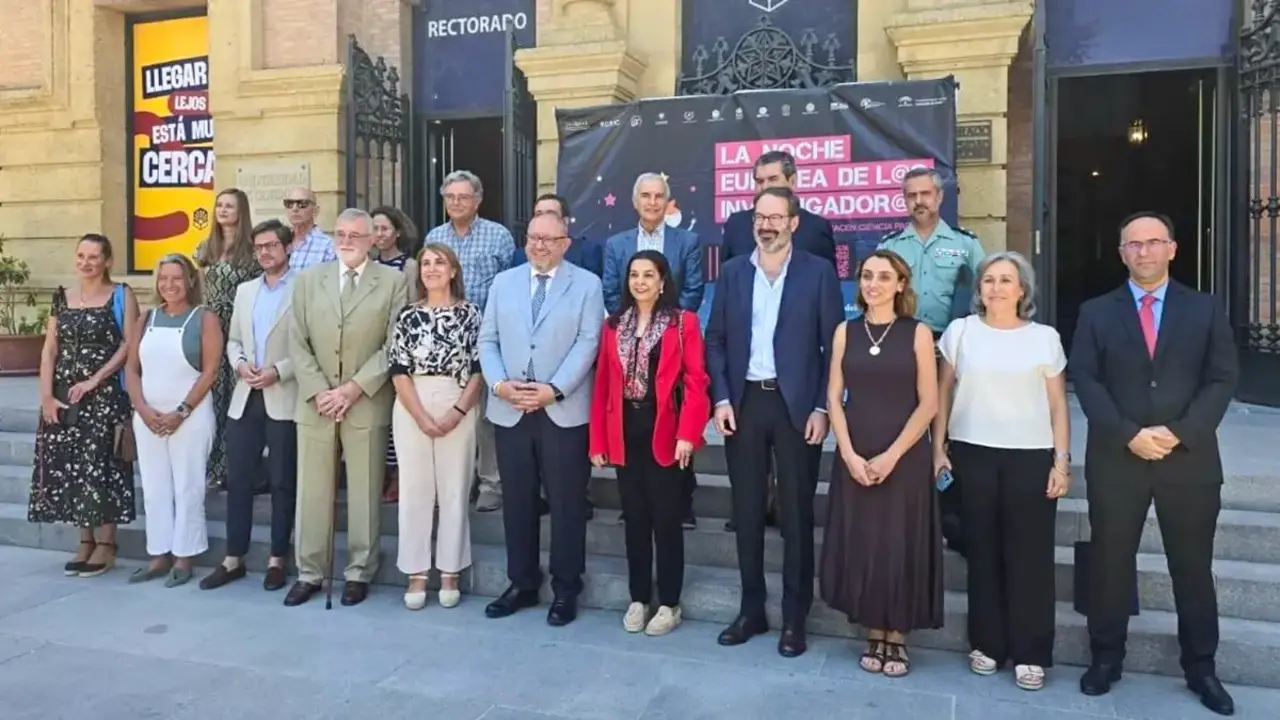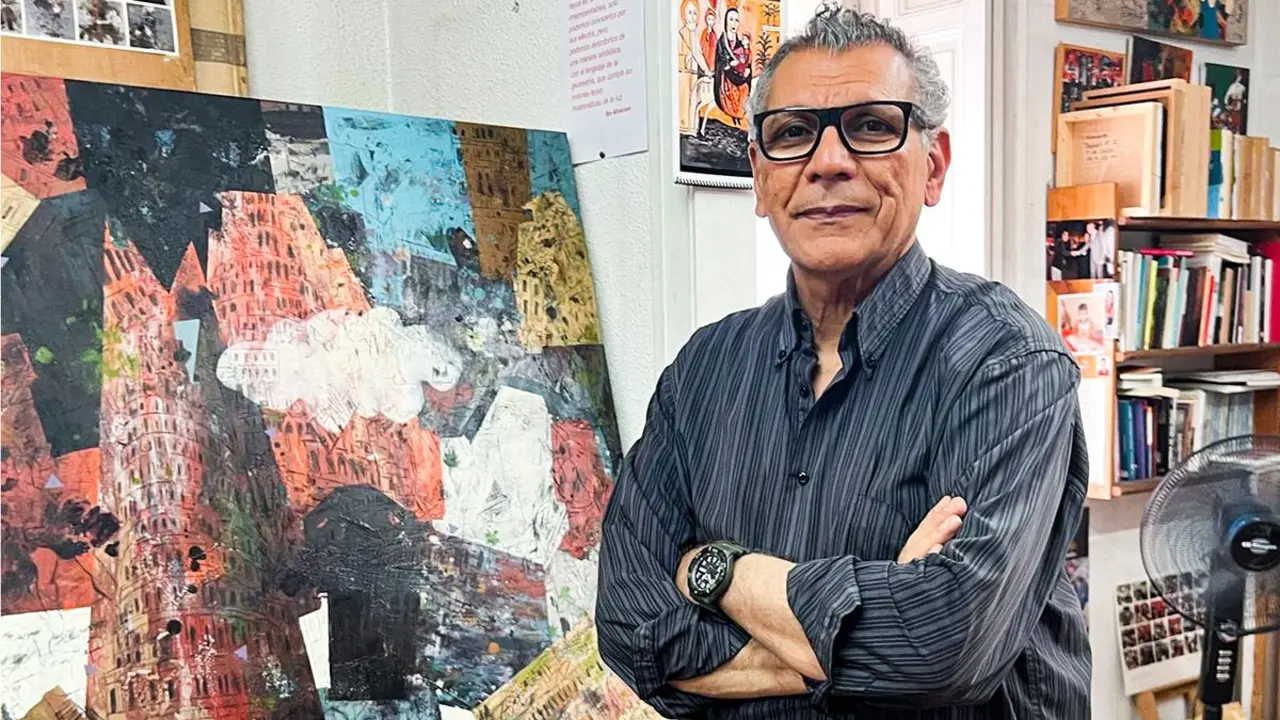The European cultural sector lost 31% of its activity in 2020

In 2020, the European culture and creativity economy lost approximately 31% of its activity to reach an accumulated loss of 199,000 million euros and it was the performing arts (-90%) and music (-76%) that were most affected, falls that contrast with the video game sector, which has withstood the onslaught of the coronavirus with a rise of 9%.
These are some of the figures from the study "Rebuilding Europe: the cultural and creative economy before and after covid-19", presented virtually this morning by Marc Lhermitte, head of Ernst&Young, the consultancy firm responsible for the document; the musician Jean-Michel Jarre, and Jean-Noel Tronc, president of the European Grouping of Societies of Authors and Composers (GESAC).
According to the conclusions of this study, with the emergence of covid-19, the Cultural and Creative Industries (CCIs) have been "more affected" than the Tourism industry and almost as much as the Air Transport industry. A health crisis that has hit Central and Eastern European countries the hardest (from -36% in Lithuania to -44% in Bulgaria and Estonia).
Specifically, these industries as a whole experienced losses of approximately 31% of their turnover in 2020, a cumulative loss of 199 billion euros (out of a total of 444 billion euros); and it was the music and performing arts sectors that experienced losses of 75% and 90% respectively; 53 billion euros in the visual arts or 26 billion euros in audiovisuals.
Likewise, the repercussions of covid-19 on the visual arts have affected architecture, advertising, books, press and audiovisual activities, which fell by between 20% and 40% compared to 2019; although it was the video games industry "the only one to resist" with a rise of 9%.
"CCIs are as dynamic as they are vulnerable, as essential as they are diverse and, fortunately, it is not too late to act. In addition to massive funding, what is needed is a solid legal framework that encourages investment and its recovery, while guaranteeing fair remuneration for creators and their commercial partners," said Tronc during the press conference.
In this sense, the president of GESAC, of which the Sociedad General de Autores Española (SGAE) is a member, explained that a "rapid and effective application" of the directive on authors' rights "is fundamental", and called on European leaders to "use" CCIs as an "important accelerator of social, societal and environmental progress in Europe".
The seriousness of the crisis, adds the report, in which the Spanish filmmaker Isabel Coixet has participated, can also be seen in the 35% drop in the revenue of collective management organisations, whose income will be reduced "drastically" in 2021 and 2022.
Tronc warned of the "risk" of having "another vacuum" in 2021 for the main festivals.

The increase in digital consumption "does not compensate" for the loss of revenue generated by physical sales (of books, video games, newspapers, etc.) and events in most sectors, the report notes.
Thus, in the music sector, physical sales (CDs and vinyl) will fall by 35% this year, while the recorded music industry's digital revenues are expected to grow by only 8%. The audiovisual sector will perform similarly, with revenues generated by European cinemas expected to fall by an estimated -75% in 2020.
As for the date for the resumption of cultural activity this year, the document speaks of "uncertainty" and therefore adds that the capacity of the CCIs to maintain and increase investment in new creative and innovative projects will be "seriously compromised" this year.
According to the EY study, 46% of respondents said they would not feel comfortable going to a concert in the next few months of 2021; and 21% said they would not feel comfortable going for the next few years.
In the words of musician Jean-Michel Jarre during the press conference, the United States and China "rule economically", but Europe "remains a model for culture because of how we respect creators. So Europe has a responsibility, it has to be strong against the United States and China, reinforcing the rights of authors and creators and intellectual property.
He called on the EU to develop a system of rules for the digital world.
"Europe needs to create a more balanced relationship with the platforms. We are partners with these platforms and we deserve a decent share of the digital cake. Things are changing".
Given the key contribution of CCIs to the overall economy and their potential to lead the EU out of the crisis, the study concludes that the creative sector should be "central" to Europe's recovery efforts and recommends a three-pronged approach: "fund, enable, empower".
That is, it recommends "massive public" funding and the promotion of private investment, a "robust" legal framework to create the conditions necessary to revitalise the creative economy and safeguard its long-term growth; and to leverage the soft power of CCIs and individual creative talent to drive social progress.








